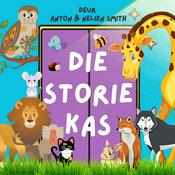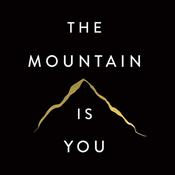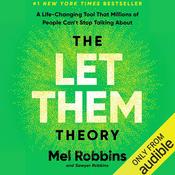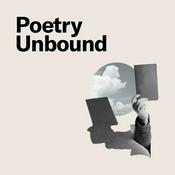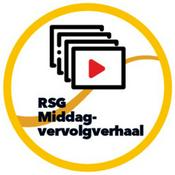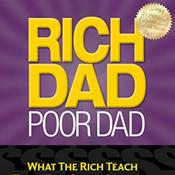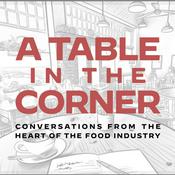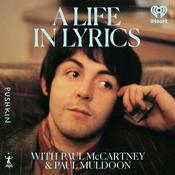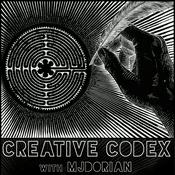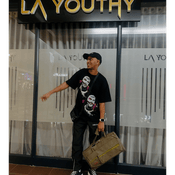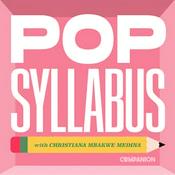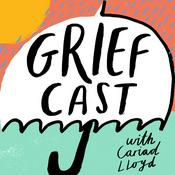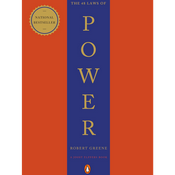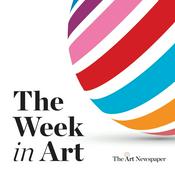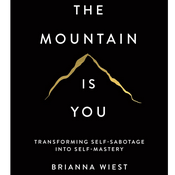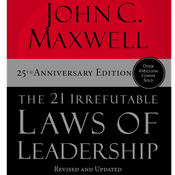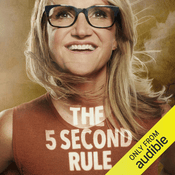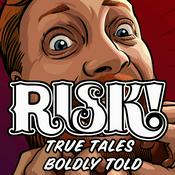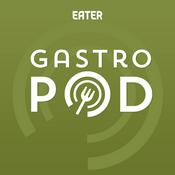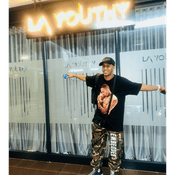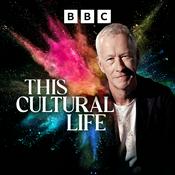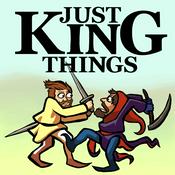37 episodes
Unwasted_African aesthetics and the global translation of African narratives with Prof. Mugendi Kanampiu M’Rithaa
2025/11/05 | 49 mins.Professor Mugendi Kanampiu M’Rithaa is a pioneering transdisciplinary designer, educator, and President Emeritus of the World Design Organization. He is a thinker whose work spans continents, cultures, and causes- a passionate advocate for design as a transformative force on the African continent and a believer in the idea of “Afrika with a K” — a linguistic and philosophical shift toward self-definition and narrative ownership.
In this interview, anchored in the project Unwasted by Holos Creative Studio Afrika LTD, Mugendi helps us unpack the effects of consumerism, post-consumer waste and colonial legacies on African beauty standards and forms of artistic expression. Unwasted reimagines discarded synthetic hair as a material of value but also sparks deeper reflections on African aesthetics, material culture, and self-definition. We reflect on how African women navigate inherited colonial beauty norms, the environmental burden of synthetic hair, and the loss of indigenous African art, design and architecture knowledge systems.
Professor M’Rithaa calls for a reclamation of traditional African hair practices—ethically, aesthetically, and sustainably—illustrating how local and indigenous cultural practices interact with global consumer-driven beauty ideals. He takes us on a journey through African aesthetic traditions — from the symbolic meanings of hair and adornment, to the deep knowledge systems embedded in crafts, patterns and materials. Our dialogue moves beyond African hair aesthetics examining broader questions of community-based craft, circular economies, and how African artists, architects and creatives are shaping a vibrant, self-defined aesthetic.
We are invited to rethink our materials, our methods, and our mindsets — in service of a more sustainable, culturally grounded, and creatively liberated future for African aesthetic and design philosophy.
Link to UNWASTED Documentary | Holos Creative Solutions (HCS_Afrika Ltd): https://www.youtube.com/watch?v=aX2WWoguuz4
Produced for PRAKSIS Presents/ https://www.praksisoslo.org/presents.
Guest edited by My African Aesthetic under the theme: “African aesthetics- a diasporan perspective”
Support the show
Instagram: @myafricanaesthetic
Website: https://www.myafricanaesthetic.com/- In this episode, Celia shares how a move from Paris to Norway, and a lifelong pull toward design led her to create Oriaku, a jewelry brand that fuses African craftsmanship with Scandinavian minimalism. She reflects on growing up with a seamstress mother who shaped her understanding of fashion, and how lived experiences in different contexts helped her develop her personal design language.
We talk about the work behind her rebrand, the psychology of visual identity, and the ways she reimagines traditional forms—like Fulani earrings—for everyday wear. Celia also offers an inside look at her process of collaborating directly with artisans across Africa, ensuring fair pay, honoring each maker’s strengths, and documenting the histories behind every piece. The conversation expands into identity as well: what it means to find home across Africa, France, and Scandinavia without feeling pressured to choose just one.
Themes: African design, Ethical sourcing, modern minimalism, cultural integrity.
https://www.oriaku-studio.com/nb, https://www.instagram.com/oriaku_studio/
Support the show
Instagram: @myafricanaesthetic
Website: https://www.myafricanaesthetic.com/ - George Daniels, Managing Director of the Oslo Afro Arts Festival talks about how the festival contributes to reshaping cultural narratives in Norway through the power of African arts.
From teaching salsa classes to directing one of Scandinavia’s most vibrant cultural festivals, George shares his personal journey from South Africa to Oslo—a path fueled by love, fatherhood, and a vision for representation.
We dive into how the festival reclaims Oslo’s Grønland neighborhood as a space of celebration, not stigma and negative stereotypes. George talks about curating experiences across generations—children’s drumming workshops, international music acts, fashion shows, food, and more—all aimed at uplifting African-Norwegian voices and building community.
Plus, we get a glimpse of his future plans: cross-Nordic collaborations, deeper civic engagement, and growing the festival into a platform for social change.
🔗 Learn more at osloafroartsfestival.no and follow @osloafroarts for the latest updates.
Support the show
Instagram: @myafricanaesthetic
Website: https://www.myafricanaesthetic.com/ - Discover how youth-led filmmaking is reshaping cultural narratives in Norway and beyond.
In this episode, Regina Ohiama Udalor, producer & director at Peridot Films and founder of the Bragi Film Festival—shares her journey of building a sense of home in Norway while staying rooted in her African identity. Through the Bragi Film Festival, she empowers young people to tell their own stories, explore filmmaking as a career, and or as a bridge to cultural and generational gaps.
Regina discusses how collaborative storytelling helps youth tackle personal themes like family, body image, and identity. Her unique approach connects kids from different backgrounds through shared stories and ideas, fostering empathy and highlighting their common humanity.
As a film director, Regina blends traditional African storytelling with modern media, creating a powerful space for youth to express themselves as individuals while engaging in cross-cultural connection.
Her film @The Lost Cafe was featured on Netflix and won the afriff Audience Choice Award Film 2017
This year another film «A warm Christmas» directed by Regina will be showcased on Friday, May 16, 2025 at the African Pavilion/pavilionafriques at the Cannes Film Festival.
@peridotent
@reginaudalor
@bragi_film_festival
https://www.pavillonafriques.com
@pavillonafriques
https://bragifestival.com
https://www.youtube.com/@peridotstudios
Visit our website or follow us on social media for updates on our work and opportunities to collaborate or support us.
Support the show
Instagram: @myafricanaesthetic
Website: https://www.myafricanaesthetic.com/ - In this episode, founder and creative director at Tabanka Dance Ensemble, Thomas Isak Michael Talawa Presto shares his journey of embracing his diverse heritage and the role of Africana aesthetics in his work. He discusses how his supportive family challenged societal stereotypes, shaping his artistic vision. We explore the significance of naming traditions and the profound resistance embedded within them, identity complexities in multicultural settings, and the challenges of seemingly innocent questions that cross personal boundaries. He reflects on how cultural practices like food and dance connect us to heritage and help reconstruct identity in the face of adversity. Thomas delves into the relationship between dance, African aesthetics and identity, offering insights on how cultural legacies shape personal narratives & storytelling through movement. We talk about “The Tawala Technique: An Africognosomatic Approach to Dance”; a technique that he has meticulously developed for over 27 years, one that represents a groundbreaking advancement in African and African Diaspora dance studies. Thomas also discusses the concept of the "cognoscape"—a way to present African perspectives outside Eurocentric academic norms and its intersections with cultural identity, artistic expression, and the ongoing push for inclusivity and decoloniality in the arts.
https://tabankadance.com/
Support the show
Instagram: @myafricanaesthetic
Website: https://www.myafricanaesthetic.com/
More Arts podcasts
Trending Arts podcasts
About My African Aesthetic
This podcast is part of My African Aesthetic.On this Podcast, we shed light on the central and important roles Africans themselves have had, have and will have in creating sustainable neighborhoods and communities around the globe. Our work centers African Aesthetics, African design philosophy and placemaking. We do this through dialogue, project work, research, documentation and education.This podcast features thoughtful, constructive and reflective conversations with architects, artists, curators, designers, creatives, activists, innovators, community leaders and African design enthusiasts. We hope this podcast helps you expand and deepen your knowledge on African aesthetics, African design philosophy and placemaking and its role in creating inclusive and sustainable communities in Africa and beyond.https://www.myafricanaesthetic.com/
Podcast websiteListen to My African Aesthetic, Die Storiekas and many other podcasts from around the world with the radio.net app
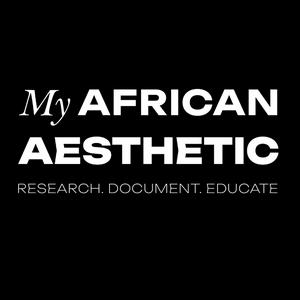
Get the free radio.net app
- Stations and podcasts to bookmark
- Stream via Wi-Fi or Bluetooth
- Supports Carplay & Android Auto
- Many other app features
Get the free radio.net app
- Stations and podcasts to bookmark
- Stream via Wi-Fi or Bluetooth
- Supports Carplay & Android Auto
- Many other app features


My African Aesthetic
Scan code,
download the app,
start listening.
download the app,
start listening.

